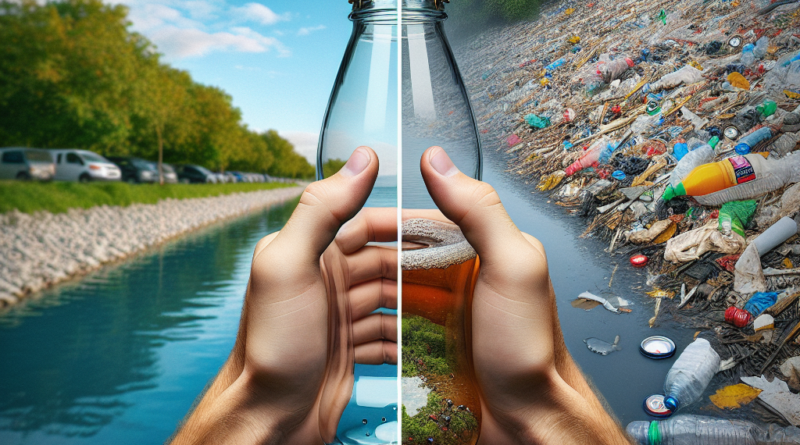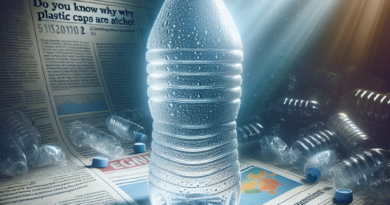Are Bottle Caps Really Beneficial for the Environment?
The Impact of Attached Bottle Caps on Environmental Sustainability
The issue of environmental sustainability, ecosystem protection, waste reduction, and microplastic pollution is increasingly in the spotlight.
Next week, a controversial European law will come into effect, requiring companies to attach bottle caps to plastic bottles.
Despite some opposition and indifference from certain quarters, the question remains: do attached bottle caps truly benefit the environment?
Why Was the Single-Use Law Necessary?
The initiative stems from the alarming prevalence of plastic bottle caps among the most common waste items found in both urban and natural environments.
Recognizing this issue, the European directive (2019/904) aims to curb single-use plastics, thereby reducing microplastic pollution.
Starting next week, bottles up to 3 liters must feature caps that remain attached during use.
Do Environmental Benefits Outweigh Consumer Concerns?
One must consider whether consumer inconvenience is justified by tangible environmental benefits.
The directive’s objectives include reducing litter and improving recyclability.
By keeping bottle caps attached, the directive aims to decrease the number of lost or improperly discarded caps, thereby curbing pollution.
For instance, an initiative in the Netherlands resulted in 3,000 fewer bottle caps collected from beaches following the implementation of attached caps.
Challenges in Recycling
While the directive promotes recycling by facilitating the disposal of bottles with attached caps, challenges exist due to the different materials used for bottles (PET) and caps (HDPE).
Separate recycling processes are required to avoid contaminating recycled materials.
However, innovative technologies are being developed to improve the separation and recycling of different plastic types.
Consumer Behavioral Impact
Ultimately, the success of such initiatives hinges on consumer behavior.
While some may find attached caps inconvenient, responsible disposal practices are crucial to mitigating environmental impact.
Companies are innovating to address consumer concerns, such as introducing caps that are easier to use.
By fostering responsible consumer habits, the directive serves as a call to action for a more sustainable future.




